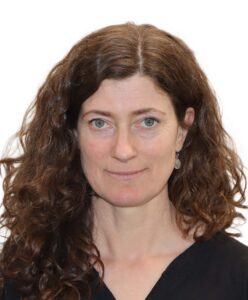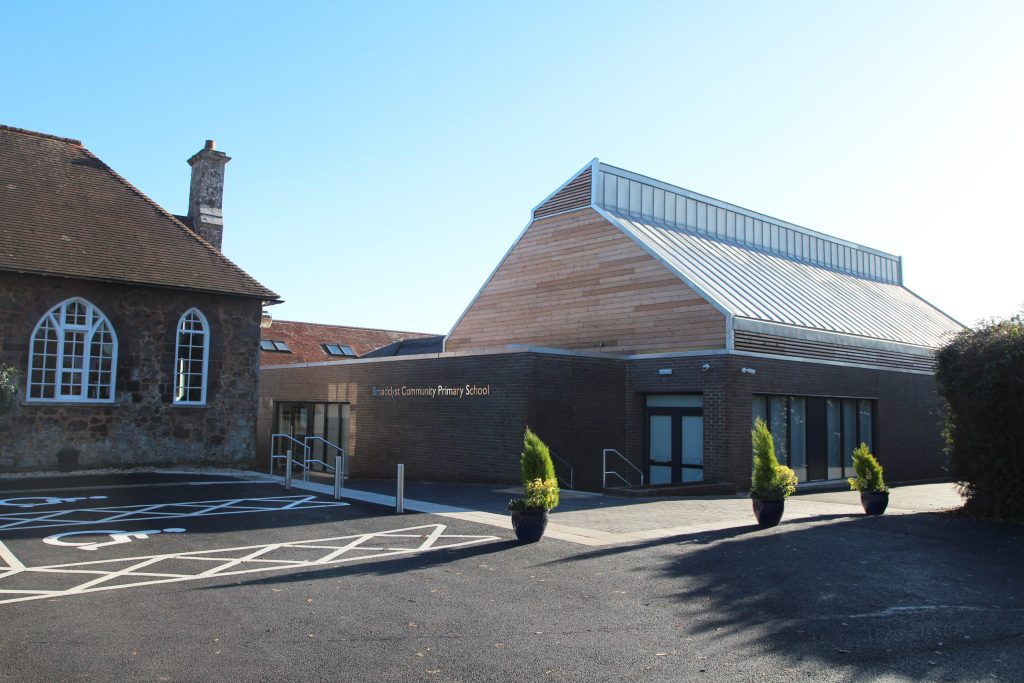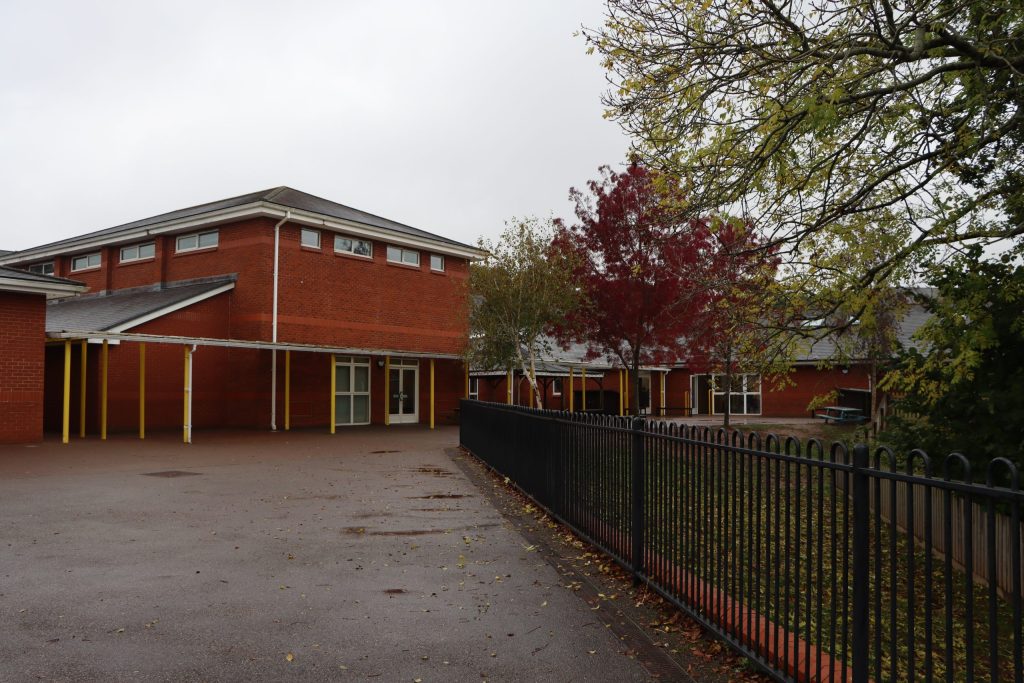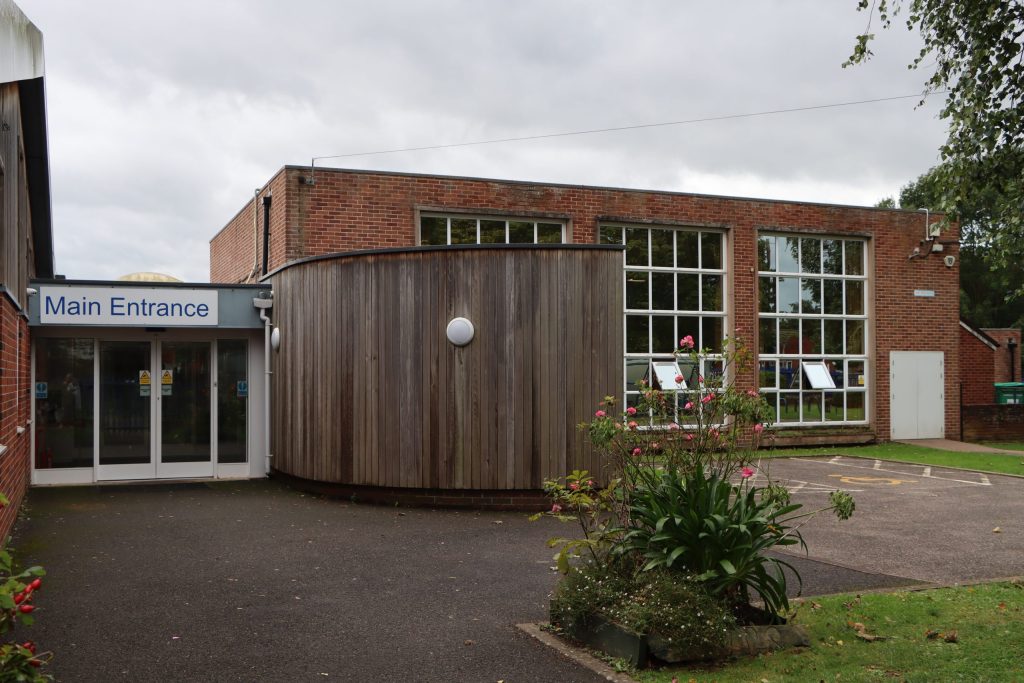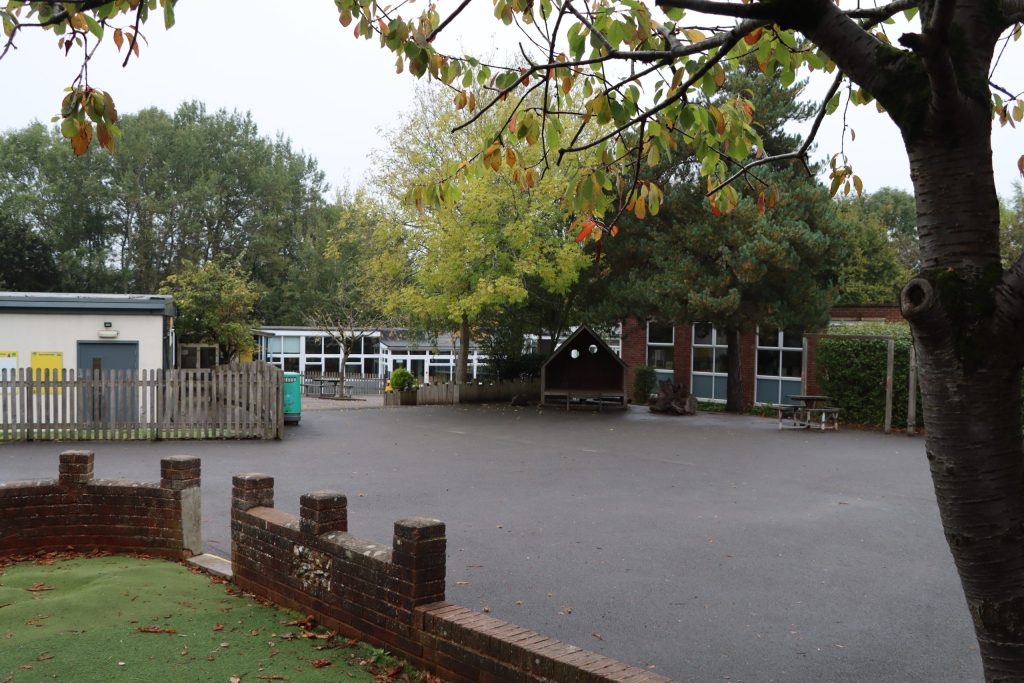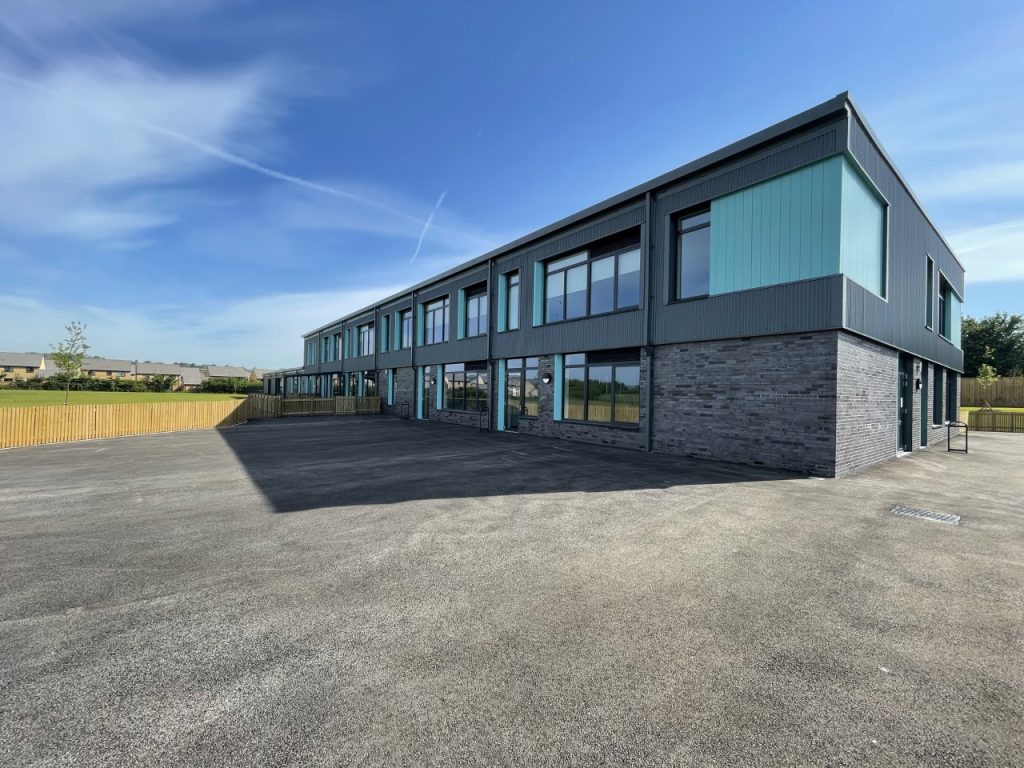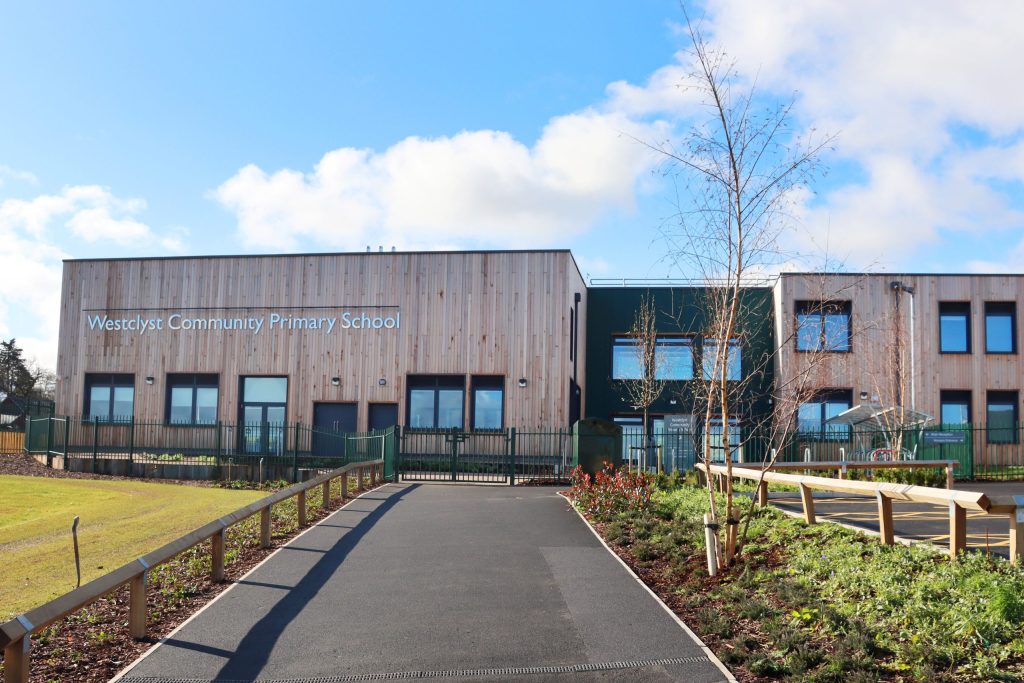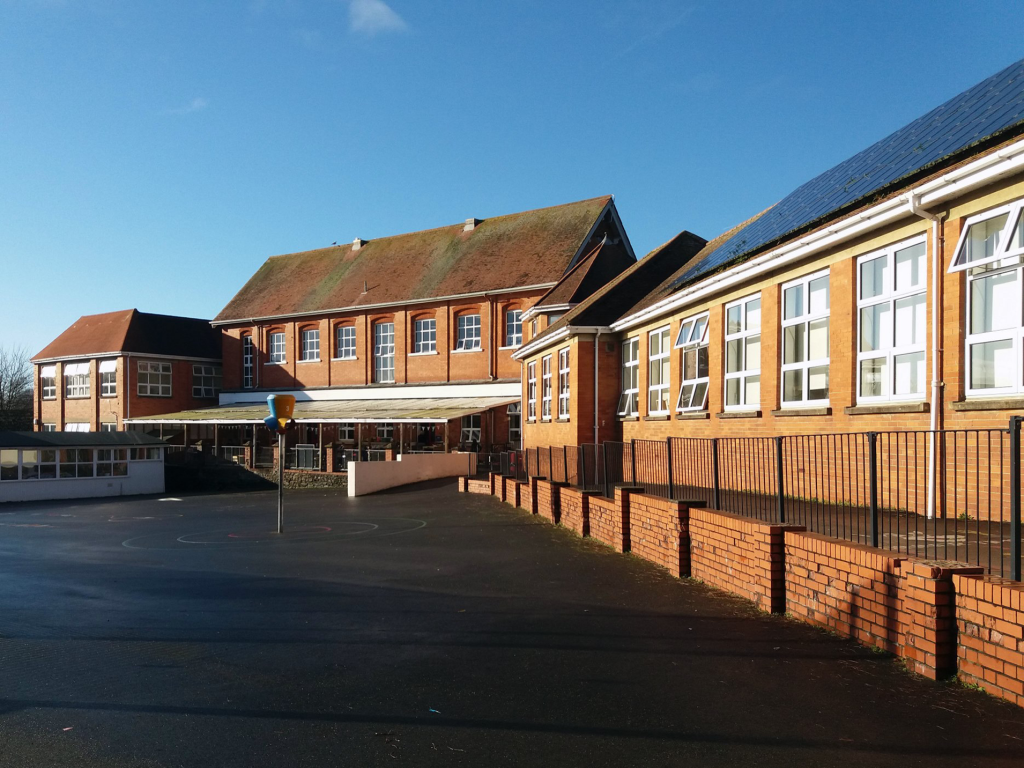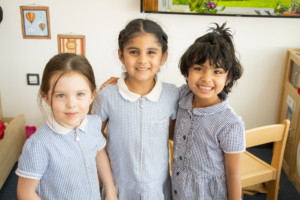
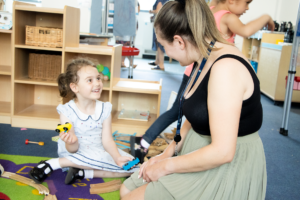
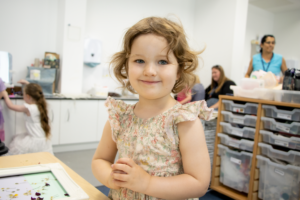
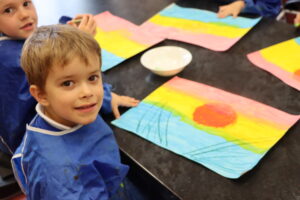
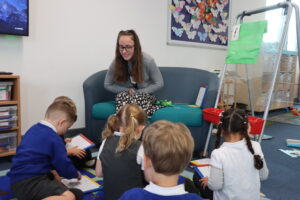
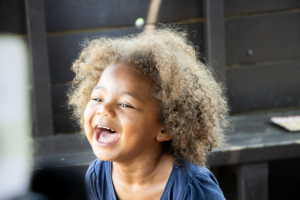
Aims of the Early Years Foundation Stage
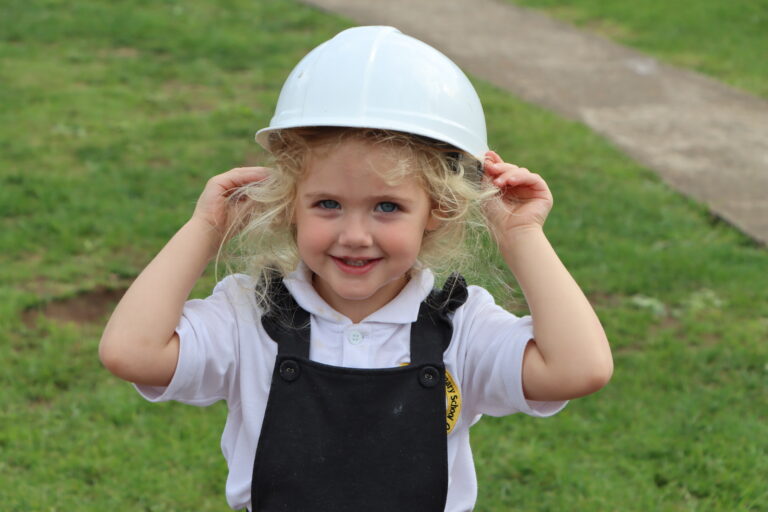
The Cornerstone Academy Trust implements the requirements of the Early Years Foundation Stage Statutory Framework. It sets out how the Academy takes a holistic approach to children’s well-being, education and health. The EYFS refers to children from birth to five years of age. At Cornerstone Academy Trust, this refers to children between the ages of 2 and 5.
At Cornerstone Academy trust we aim to:
- Deliver the standards for the learning, development and care of young children as set out in the Statutory Framework for the Early Years Foundation Stage
- Support the development of active and inquisitive learners encouraging children to be imaginative, creative, curious and critical thinkers.
- Ensure teaching nurtures, engages and motivates children
- Ensure the provision offers rich, varied and imaginative learning experiences
- Ensure that learning and development is planned around the needs and interests of the children and informed by the use of on-going assessment.
- Ensure that every child makes good progress and no child is left behind
- Create the framework for partnership by working with parents, professionals and other settings that the child attends
The Early year’s experiences we offer our children are based on the following four guiding principles:
- Unique Child
- Positive Relationships
- Enabling Environments with Teaching and Support from Adults
- Learning and Development
Prime Areas
- Personal, Social, and Emotional Development
- Communication and Language
- Physical Development
Specific Areas
- Literacy
- Mathematics
- Understanding the World
- Expressive Arts and Design
EYFS Statutory Framework Educational Programme
The development of children’s spoken language underpins all seven areas of learning and development. Children’s back-and-forth interactions from an early age form the foundations for language and cognitive development. The number and quality of the conversations they have with adults and peers throughout the day in a language-rich environment is crucial. By commenting on what children are interested in or doing, and
echoing back what they say with new vocabulary added, practitioners will build children’s language effectively. Reading frequently to children, and engaging them actively in stories, non-fiction, rhymes and poems, and then providing them with extensive opportunities to use and embed new words in a range of contexts, will give children the opportunity to thrive. Through conversation, storytelling and role play, where children
share their ideas with support and modelling from their teacher, and sensitive questioning that invites them to elaborate, children become comfortable using a rich range of vocabulary and language structures.
EYFS Development Matters Statements
Children in Reception:
- Understand how to listen carefully and why listening is important.
- Learn new vocabulary.
- Use new vocabulary through the day.
- Ask questions to find out more and to check they understand what has been said to them.
- Articulate their ideas and thoughts in well-formed sentences.
- Connect one idea or action to another using a range of connectives.
- Describe events in some detail.
- Use talk to help work out problems and organise thinking and activities, and to explain how things work and why they might happen.
- Develop social phrases.
- Engage in story times.
- Listen to and talk about stories to build familiarity and understanding.
- Retell the story, once they have developed a deep familiarity with the text, some as exact repetition and some in their own words.
- Use new vocabulary in different contexts.
- Listen carefully to rhymes and songs, paying attention to how they sound.
- Learn rhymes, poems and songs.
- Engage in non-fiction books.
- Listen to and talk about selected non-fiction to develop a deep familiarity with new knowledge and vocabulary.
Early Learning Goals
Listening, Attention and Understanding
Children at the expected level of development will:
• Listen attentively and respond to what they hear with relevant questions, comments and actions when being read to and during whole class discussions and small group interactions.
• Make comments about what they have heard and ask questions to clarify their understanding.
• Hold conversation when engaged in back-and-forth exchanges with their teacher and peers.
Speaking
Children at the expected level of development will:
• Participate in small group, class and one-to-one discussions, offering their own ideas, using recently introduced vocabulary.
• Offer explanations for why things might happen, making use of recently introduced vocabulary from stories, non-fiction, rhymes and poems when appropriate.
• Express their ideas and feelings about their experiences using full sentences, including use of past, present and future tenses and making use of conjunctions, with modelling and support from their teacher.
EYFS Statutory Framework Educational Programme
Children’s personal, social and emotional development (PSED) is crucial for children to lead healthy and happy lives and is fundamental to their cognitive development. Underpinning their personal development are the important attachments that shape their social world. Strong, warm and supportive relationships with adults enable children to learn how to understand their own feelings and those of others. Children should be
supported to manage emotions, develop a positive sense of self, set themselves simple goals, have confidence in their own abilities, to persist and wait for what they want and direct attention as necessary. Through adult modelling and guidance, they will learn how to look after their bodies, including healthy eating, and manage personal needs independently. Through supported interaction with other children, they learn how to make good friendships, co-operate and resolve conflicts peaceably. These attributes will provide a secure platform from which children can achieve at school and in later life.
EYFS Development Matters Statements
Children in Reception:
- See themselves as a valuable individual.
- Build constructive and respectful relationships.
- Express their feelings and consider the feelings of others.
- Show resilience and perseverance in the face of challenge.
- Identify and moderate their own feelings socially and emotionally.
- Think about the perspectives of others.
- Manage their own needs.
- Personal Hygiene
- Know and talk about the different factors that support their overall health and wellbeing:
- Regular Physical Activity
- Healthy Eating
- Toothbrushing
- Sensible amounts of ‘screen time’
- Having a good sleep routine
- Being a safe pedestrian
Early Learning Goals
Self-Regulation
Children at the expected level of development will:
• Show an understanding of their own feelings and those of others and begin to regulate their behaviour accordingly.
• Set and work towards simple goals, being able to wait for what they want and control their immediate impulses when appropriate.
• Give focused attention to what the teacher says, responding appropriately even when engaged in activity, and show an ability to follow instructions involving several ideas or actions.
Managing Self
Children at the expected level of development will:
• Be confident to try new activities and show independence, resilience and perseverance in the face of challenge.
• Explain the reasons for rules, know right from wrong and try to behave accordingly.
• Manage their own basic hygiene and personal needs, including dressing, going to the toilet and understanding the importance of healthy food choices.
Building Relationships
Children at the expected level of development will:
• Work and play cooperatively and take turns with others.
• Form positive attachments to adults and friendships with peers.
• Show sensitivity to their own and to others’ needs.
EYFS Statutory Framework Educational Programme
Physical activity is vital in children’s all-round development, enabling them to pursue happy, healthy and active lives9. Gross and fine motor experiences develop incrementally throughout early childhood, starting with sensory explorations and the development of a child’s strength, co-ordination and positional awareness through tummy time, crawling and play movement with both objects and adults. By creating games and providing opportunities for play both indoors and outdoors, adults can support children to develop their core strength, stability, balance, spatial awareness, co-ordination and agility. Gross motor skills provide the foundation for developing healthy bodies and social and emotional well-being. Fine motor control and precision helps with hand-eye co-ordination, which is later linked to early literacy. Repeated and varied opportunities to explore and play with small world activities, puzzles, arts and crafts and the practice of using small tools, with feedback and support from adults, allow children to develop proficiency, control and confidence.
EYFS Development Matters Statements
Children in Reception:
- Revise and refine the fundamental movement skills they have already acquired:
- Rolling
- Crawling
- Walking
- Jumping
- Running
- Hopping
- Skipping
- Climbing
- Progress towards a more fluent style of moving, with developing control and grace.
- Develop the overall body strength, co-ordination, balance and agility needed to engage successfully with future physical education sessions and other physical disciplines including dance, gymnastics, sport and swimming.
- Develop their small motor skills so that they can use a range of tools competently, safely and confidently. Suggested tools: pencils for drawing and writing, paintbrushes, scissors, knives, forks and spoons.
- Use their core muscle strength to achieve a good posture when sitting at a table or sitting on the floor.
- Combine different movements with ease and fluency.
- Confidently and safely use a range of large and small apparatus indoors and outside, alone and in a group.
- Develop overall body-strength, balance, co-ordination and agility.
- Further develop and refine a range of ball skills including: throwing, catching, kicking, passing, batting, and aiming.
- Develop confidence, competence, precision and accuracy when engaging in activities that involve a ball.
- Develop the foundations of a handwriting style which is fast, accurate and efficient
- Further develop the skills they need to manage the school day successfully:
- Lining Up and Queuing
- Mealtimes
Early Learning Goals
Gross Motor Skills
Children at the expected level of development will:
• Negotiate space and obstacles safely, with consideration for themselves and others.
• Demonstrate strength, balance and coordination when playing.
• Move energetically, such as running, jumping, dancing, hopping, skipping and climbing.
Fine Motor Skills
Children at the expected level of development will:
• Hold a pencil effectively in preparation for fluent writing – using the tripod grip in almost all cases.
• Use a range of small tools, including scissors, paint brushes and cutlery.
• Begin to show accuracy and care when drawing
EYFS Statutory Framework Educational Programme
It is crucial for children to develop a life-long love of reading. Reading consists of two dimensions: language comprehension and word reading. Language comprehension (necessary for both reading and writing) starts from birth. It only develops when adults talk with children about the world around them and the books (stories and non-fiction) they read with them, and enjoy rhymes, poems and songs together. Skilled word reading, taught later, involves both the speedy working out of the pronunciation of unfamiliar printed words (decoding) and the speedy recognition of familiar printed words. Writing involves transcription (spelling and handwriting) and composition (articulating ideas and
structuring them in speech, before writing).
EYFS Development Matters Statements
Children in Reception:
- Read individual letters by saying the sounds for them.
- Blend sounds into words, so that they can read short words made up of known letter-sound correspondences.
- Read some letter groups that each represent one sound and say sounds for them.
- Read a few common exception words matched to the school’s phonic programme.
- Read simple phrases and sentences made up of words with known letter–sound correspondences and, where necessary, a few exception words.
- Re-read these books to build up their confidence in word reading, their fluency and their understanding and enjoyment.
- Form lower-case and capital letters correctly.
- Spell words by identifying the sounds and then writing the sound with letter/s.
- Write short sentences with words with known letter-sound correspondences using a capital letter and full stop.
- Re-read what they have written to check that it makes sense.
Early Learning Goals
Comprehension
Children at the expected level of development will:
• Demonstrate understanding of what has been read to them by retelling stories and narratives using their own words and recently introduced vocabulary.
• Anticipate – where appropriate – key events in stories.
• Use and understand recently introduced vocabulary during discussions about
stories, non-fiction, rhymes and poems and during role-play.
Word Reading
Children at the expected level of development will:
• Say a sound for each letter in the alphabet and at least 10 digraphs.
• Read words consistent with their phonic knowledge by sound-blending.
• Read aloud simple sentences and books that are consistent with their phonic
knowledge, including some common exception words.
Writing
Children at the expected level of development will:
• Write recognisable letters, most of which are correctly formed.
• Spell words by identifying sounds in them and representing the sounds with a
letter or letters.
• Write simple phrases and sentences that can be read by others.
EYFS Statutory Framework Educational Programme
Developing a strong grounding in number is essential so that all children develop the necessary building blocks to excel mathematically. Children should be able to count confidently, develop a deep understanding of the numbers to 10, the relationships between them and the patterns within those numbers. By providing frequent and varied opportunities to build and apply this understanding – such as using manipulatives, including small pebbles and tens frames for organising counting – children will develop a secure base of knowledge and vocabulary from which mastery of mathematics is built. In addition, it is important that the curriculum includes rich opportunities for children to
develop their spatial reasoning skills across all areas of mathematics including shape, space and measures. It is important that children develop positive attitudes and interests in mathematics, look for patterns and relationships, spot connections, ‘have a go’, talk to adults and peers about what they notice and not be afraid to make mistakes.
EYFS Development Matters Statements
Children in Reception:
- Read individual letters by saying the sounds for them.
- Blend sounds into words, so that they can read short words made up of known letter-sound correspondences.
- Read some letter groups that each represent one sound and say sounds for them.
- Read a few common exception words matched to the school’s phonic programme.
- Read simple phrases and sentences made up of words with known letter–sound correspondences and, where necessary, a few exception words.
- Re-read these books to build up their confidence in word reading, their fluency and their understanding and enjoyment.
- Form lower-case and capital letters correctly
- Spell words by identifying the sounds and then writing the sound with letter/s.
- Write short sentences with words with known letter-sound correspondences using a capital letter and full stop.
- Re-read what they have written to check that it makes sense.
Early Learning Goals
Number
Children at the expected level of development will:
• Have a deep understanding of numbers to 10, including the composition of each number.
• Subitise (recognise quantities without counting) up to 5.
• Automatically recall (without reference to rhymes, counting or other aids) number bonds up to 5 (including subtraction facts) and some number bonds to 10, including double facts.
Numerical Patterns
Children at the expected level of development will:
• Verbally count beyond 20, recognising the pattern of the counting system.
• Compare quantities up to 10 in different contexts, recognising when one quantity is greater than, less than or the same as the other quantity.
• Explore and represent patterns within numbers up to 10, including evens and odds, double facts and how quantities can be distributed equally.
EYFS Statutory Framework Educational Programme
Understanding the world involves guiding children to make sense of their physical world and their community. The frequency and range of children’s personal experiences increases their knowledge and sense of the world around them – from visiting parks, libraries and museums to meeting important members of society such as police officers, nurses and firefighters. In addition, listening to a broad selection of stories, non-fiction, rhymes and poems will foster their understanding of our culturally, socially, technologically and ecologically diverse world. As well as building important knowledge, this extends their familiarity with words that support understanding across domains. Enriching and widening children’s vocabulary will support later reading comprehension.
EYFS Development Matters Statements
Children in Reception:
- Talk about members of their immediate family and community.
- Name and describe people who are familiar to them.
- Comment on images of familiar situations in the past.
- Compare and contrast characters from stories, including figures from the past.
- Draw information from a simple map.
- Understand that some places are special to members of their community.
- Recognise that people have different beliefs and celebrate special times in different ways.
- Recognise some similarities and differences between life in this country and life in other countries.
- Explore the natural world around them.
- Describe what they see, hear and feel whilst outside.
- Recognise some environments that are different to the one in which they live.
- Understand the effect of changing seasons on the natural world around them.
Early Learning Goals
Past and Present
Children at the expected level of development will:
• Talk about the lives of the people around them and their roles in society.
• Know some similarities and differences between things in the past and now, drawing on their experiences and what has been read in class.
• Understand the past through settings, characters and events encountered in books read in class and storytelling.
People, Culture and Communities
Children at the expected level of development will:
• Describe their immediate environment using knowledge from observation, discussion, stories, non-fiction texts and maps.
• Know some similarities and differences between different religious and cultural communities in this country, drawing on their experiences and what has been read in class.
• Explain some similarities and differences between life in this country and life in other countries, drawing on knowledge from stories, non-fiction texts and – when appropriate – maps.
The Natural World
Children at the expected level of development will:
• Explore the natural world around them, making observations and drawing pictures of animals and plants.
• Know some similarities and differences between the natural world around them and contrasting environments, drawing on their experiences and what has been read in class.
• Understand some important processes and changes in the natural world around them, including the seasons and changing states of matter.
EYFS Statutory Framework Educational Programme
The development of children’s artistic and cultural awareness supports their imagination and creativity. It is important that children have regular opportunities to engage with the arts, enabling them to explore and play with a wide range of media and materials. The quality and variety of what children see, hear and participate in is crucial for developing their understanding, self-expression, vocabulary and ability to communicate through the arts. The frequency, repetition and depth of their experiences are fundamental to their progress in interpreting and appreciating what they hear, respond to and observe.
EYFS Development Matters Statements Children in Reception
- Explore, use and refine a variety of artistic effects to express their ideas and feelings.
- Return to and build on their previous learning, refining ideas and developing their ability to represent them.
- Create collaboratively, sharing ideas, resources and skills.
- Listen attentively, move to and talk about music, expressing their feelings and responses.
- Watch and talk about dance and performance art, expressing their feelings and responses.
- Sing in a group or on their own, increasingly matching the pitch and following the melody.
- Develop storylines in their pretend play.
- Explore and engage in music making and dance, performing solo or in groups.
Early Learning Goals
Creating with Materials
Children at the expected level of development will:
• Safely use and explore a variety of materials, tools and techniques, experimenting with colour, design, texture, form and function.
• Share their creations, explaining the process they have used.
• Make use of props and materials when role playing characters in narratives and stories.
Being Imaginative and Expressive
Children at the expected level of development will:
• Invent, adapt and recount narratives and stories with peers and their teacher.
• Sing a range of well-known nursery rhymes and songs.
• Perform songs, rhymes, poems and stories with others, and – when appropriate – try to move in time with music.
Our Reception Teachers
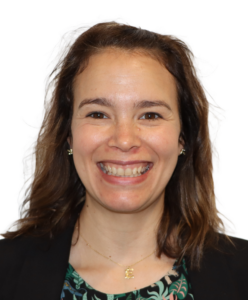
Broadclyst
Emma Orchard
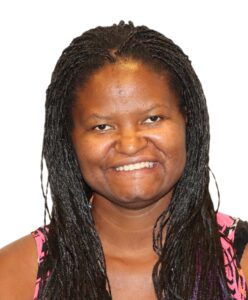
Broadclyst
Lucy Muchenje-Daye
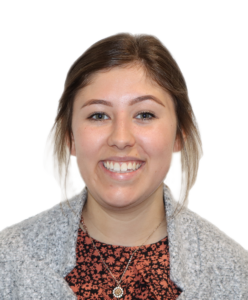
Monkerton
Sarah Parsons
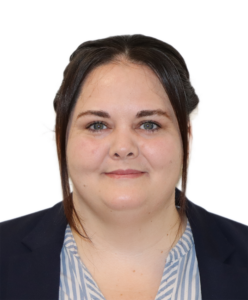
Monkerton
Carlie Souch
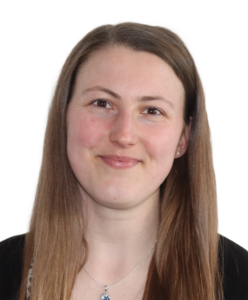
Westclyst
Nicole Moore
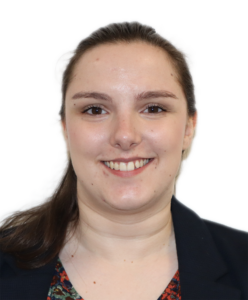
Westclyst
Harriet Webster
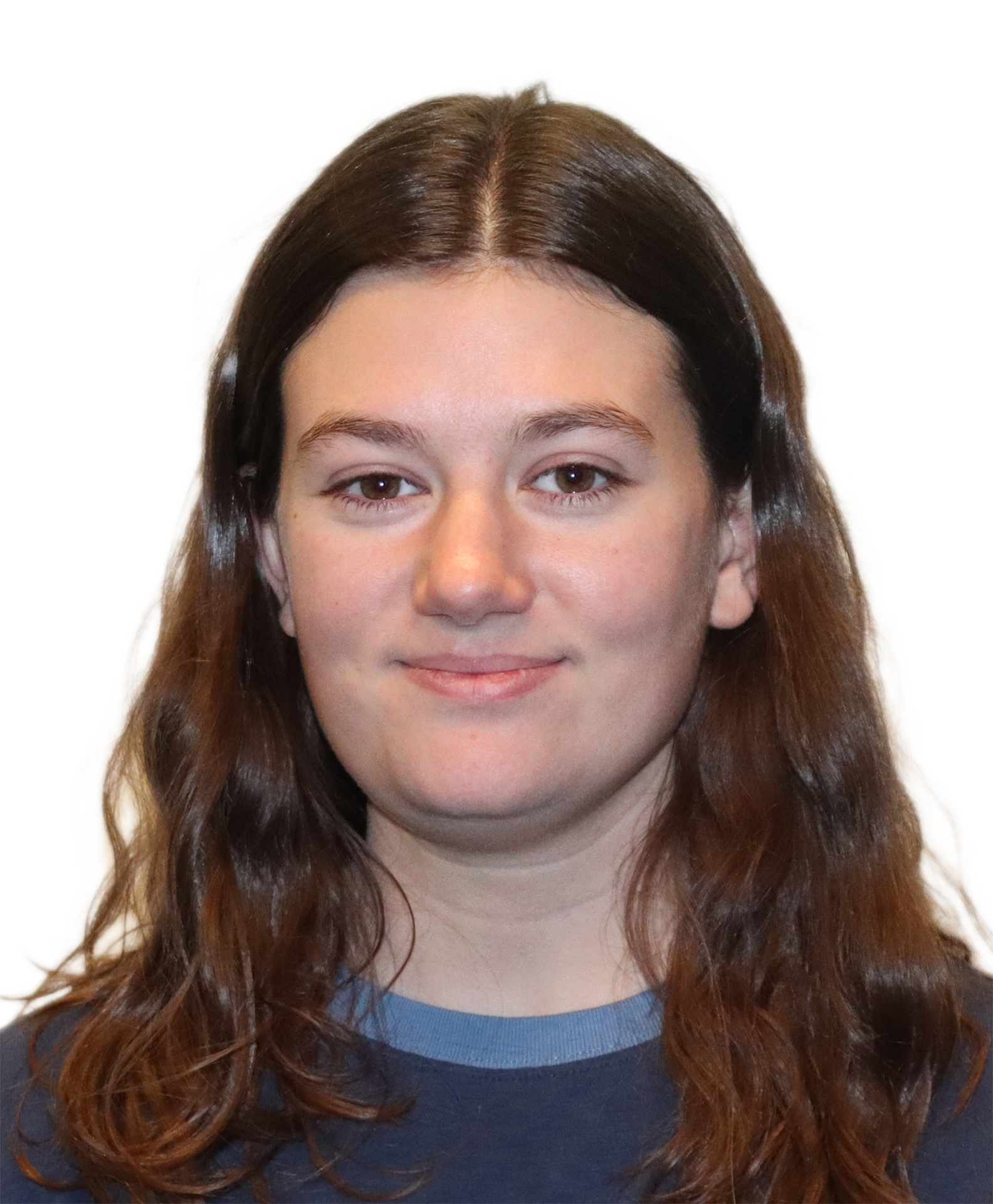
Yeo Valley
Ellie Parker
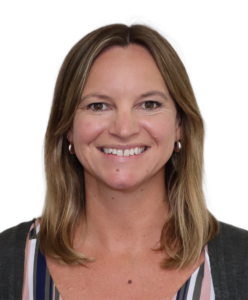
Marpool
Laura Spillings
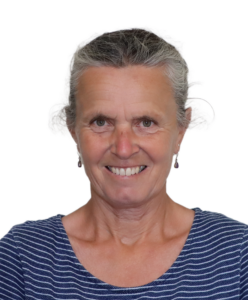
Marpool
Nicola Kelly
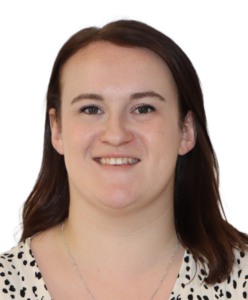
Countess Wear
Charley Beechener
